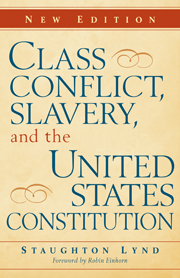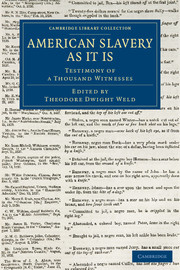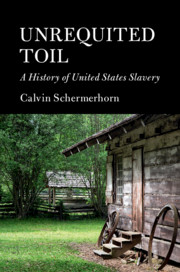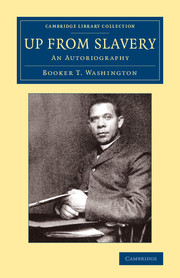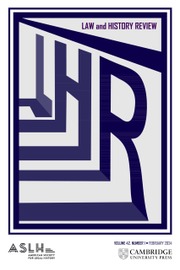Class Conflict, Slavery, and the United States Constitution
First published in 1967, Class Conflict, Slavery, and the United States Constitution was among the first studies to identify the importance of slavery to the founding of the American Republic. Provocative and powerful, this book offers explanations for the movements and motivations that underpinned the Revolution and the Early Republic. First, Staughton Lynd analyzes what motivated farm tenants and artisans during the period of the American Revolution. Second, he argues that slavery, and a willingness to compromise with slavery, were at the center of all political arrangements by the patriot leadership, including the United States Constitution. Third, he maintains that the historiography of the United States has adopted the mistaken perspective of Thomas Jefferson, who held that southern plantation owners were merely victimized agrarians. This new edition reproduces the original Preface by Edward P. Thompson and includes a new essay by Robin Einhorn that examines Lynd’s arguments in the context of forty years of subsequent scholarship.
- Considers the class dimensions of the American Revolution, and its implications for support of the Revolution
- Examines the position of Southerners who denounced the American relationship to England as 'slavery' while being slaveowners themselves
- Examines the Jeffersonian school of historiography that depicts southern slaveholders as representatives of a wronged agrarian class
Product details
August 2009Hardback
9780521114844
310 pages
224 × 148 × 21 mm
0.46kg
Available
Table of Contents
- Preface
- 1. Introduction
- Part I. Class Conflict:
- 2. Who should rule at home? Dutchess County, New York, in the American Revolution
- 3. The tenant rising at Livingston Manor, May 1777
- 4. The mechanics in New York politics, 1774–1785
- 5. A governing class on the defensive: the case of New York
- Part II. Slavery:
- 6. On Turner, Beard, and slavery
- 7. The abolitionist critique of the United States Constitution
- 8. The compromise of 1787
- Part III. The Economic Origins of Jeffersonian Historiography:
- 9. Abraham Yates's history of the movement for the United States Constitution
- 10. Beard, Jefferson, and the tree of Liberty
- Afterword Robin Einhorn.

